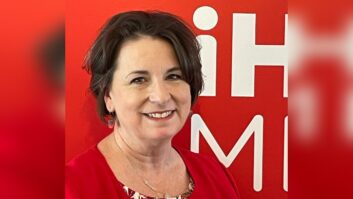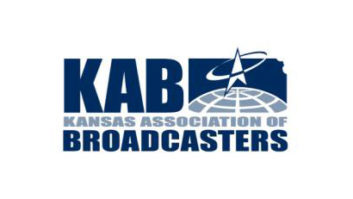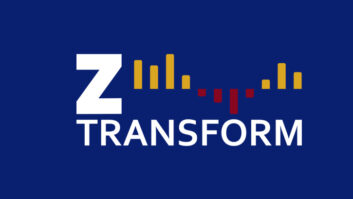Retake the lead
Oct 1, 2004 12:00 PM, By Chriss Scherer, editor
Radio has many forms of competition, and some are more obvious than others. In a broad sense, anything that includes audio is competition for terrestrial radio, but there are some specific items that top the list.
Internet radio, while similar in concept to terrestrial radio, has not made its big splash yet. There are few online stations that are successful, but most of them play along with meager followings. LPFM always brings a heated debate, but it too has not eroded the influence of the traditional terrestrial stations.

The biggest competitor seems to be satellite radio, which I admit is not a revelation, but there really isn’t a compelling reason that satellite radio should be viewed as such a threat.
I have watched the progress of Sirius and XM since they first began�even when they were called CD Radio and American Mobile Radio Corporation. For the first few years, terrestrial radio stations didn’t even notice them. Now, the two satellite radio providers are making news announcements and cutting new deals every day.
What has caught my ear lately is that satellite radio has captured the attention of the listening audience. They see satellite radio as the new radio technology compared to terrestrial radio’s antiquated system. This was validated the other morning on a TV news morning program. The hosts were discussing the current topics, and one of the contributors commented that he had just driven across the country, so he had some catch-up to do. The anchor then commented that the contributor should get XM.
While we don’t know what the contributor listened to on his drive, the important point is the anchor said to get XM. He didn’t didn’t mention that the contributor could have listened to local news/talk stations on his trip.
Terrestrial radio has lost its edge. How could we let this happen? Let’s take a brief look at the current state of terrestrial and satellite radio.
Satellite radio continues to show growth. Sirius topped 600,000 subscribers in September. Both providers have exclusive, recognized talent such as Opie and Anthony, Bob Edwards and John Madden. Both offer local traffic and weather for selected markets.
The latest bit of news is that XM has added a style of programming called public radio. The public radio moniker is no longer just a network, now it’s a style of programming. Chances are that XM might do it better than the tax-funded version.
What does terrestrial radio have? FM can flash call letters and some other info on displays. There is a work-in-progress digital transmission system. There are too many 10-in-a-row at-work stations playing 20 songs. Terrestrial radio is not causing the stir that it should to show listeners how vibrant terrestrial radio can be.
Many people believe that programming safe lists have made most stations too homogenous. This is a station choice that could easily be corrected. The bigger picture is that stations need to begin the crusade locally and carry it through nationally.
While IBOC may not be in your station’s plans for some time to come, don’t wait to embrace technology. FM stations can install an RBDS generator today. It doesn’t need to have scrolling PS, but at least get the call letters and slogan going. Find out how to capture the song and artist info from your automation system as well. It may still be an analog radio, but activate the digital display and the listener will think you’re digital.
I’m also surprised that station groups are not using the alternate frequency (AF) function of RBDS. Just because a listener drives out of the metro doesn’t mean you have to lose him.
AM can’t take advantage of RBDS, but there are other ways to resurrect the listener confidence through programming choices, or by helping adopt a digital transmission technology sooner than later.
We can’t wait for technology to save terrestrial radio, we have to take the initiative. The leaders often take the heavy hits, but they also can reap the biggest rewards.
Send comments to: E-mail:[email protected]
Fax:913-967-1905












